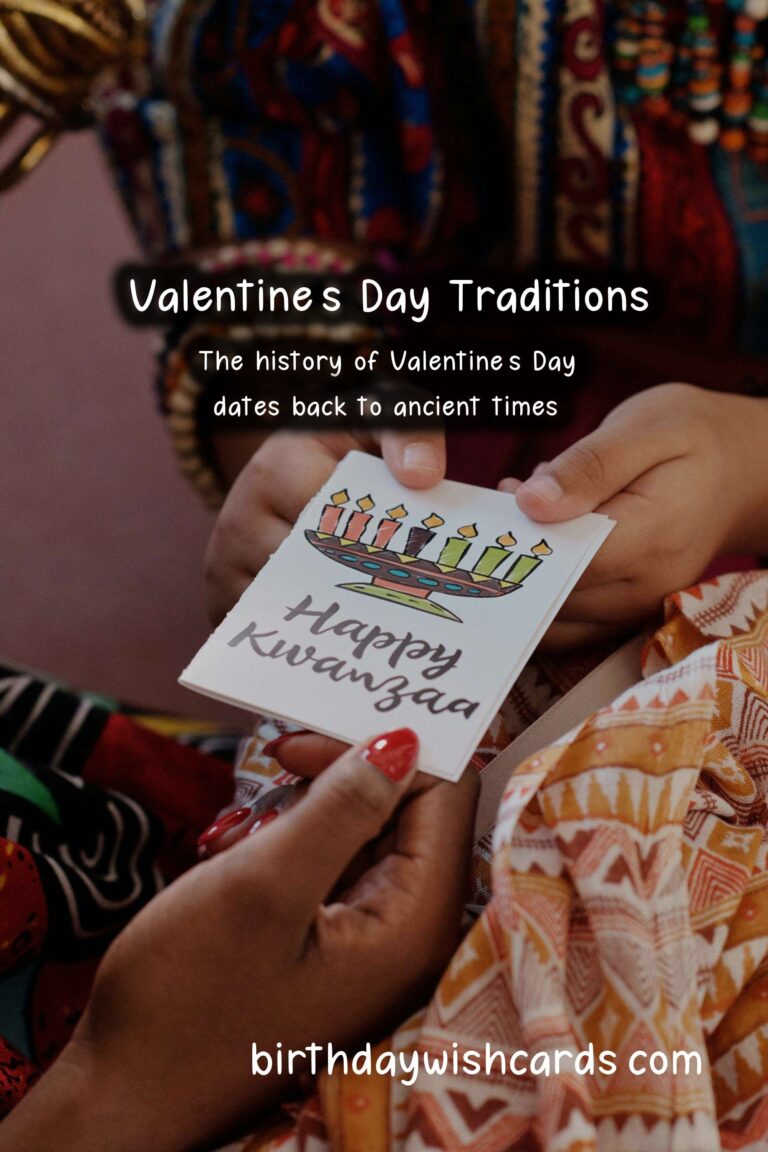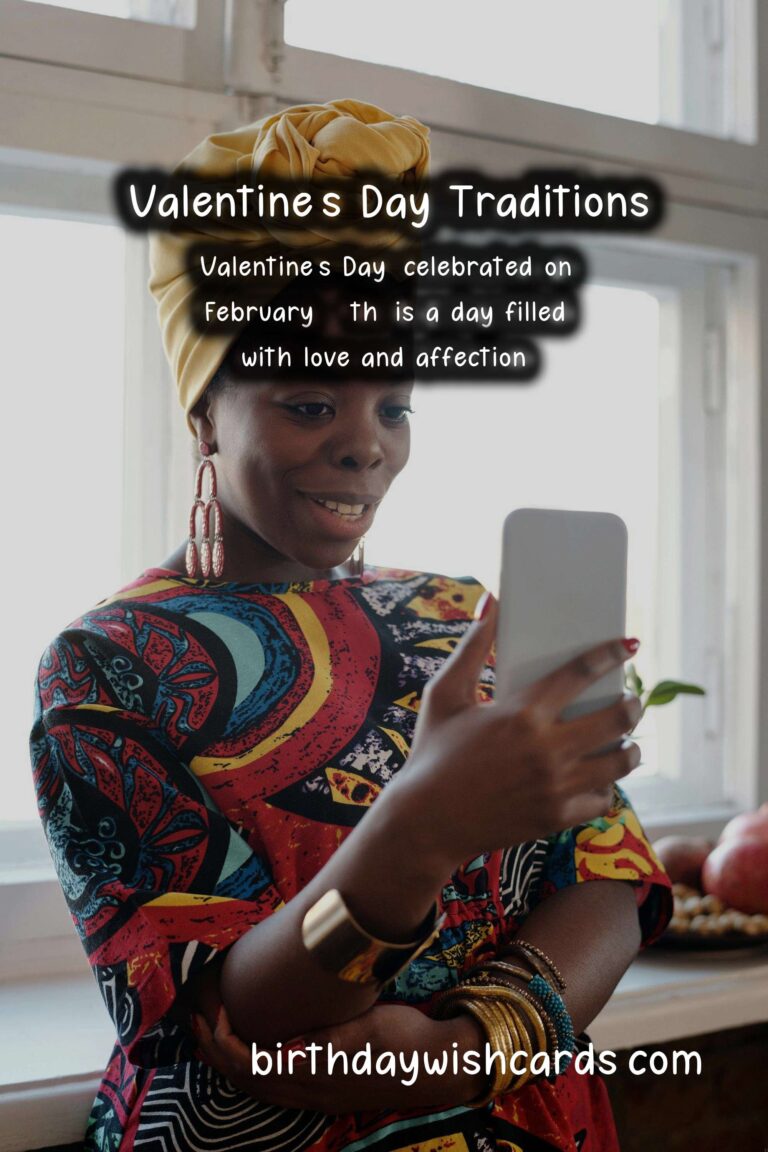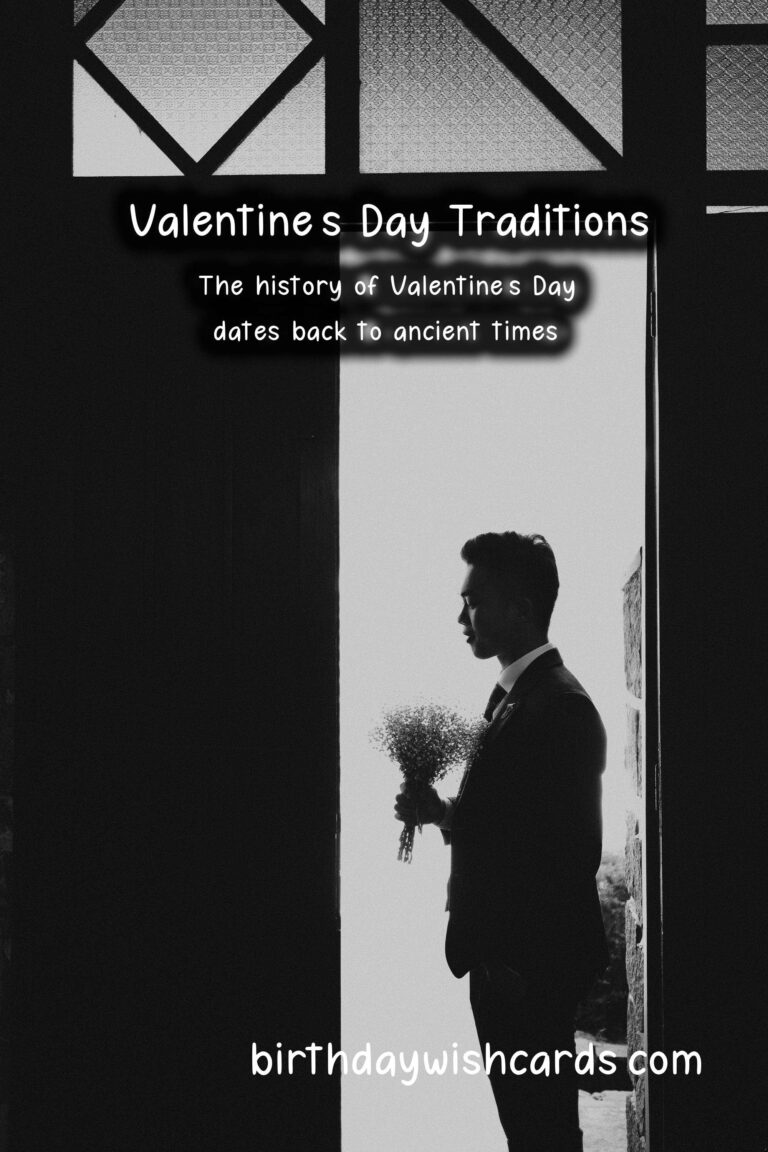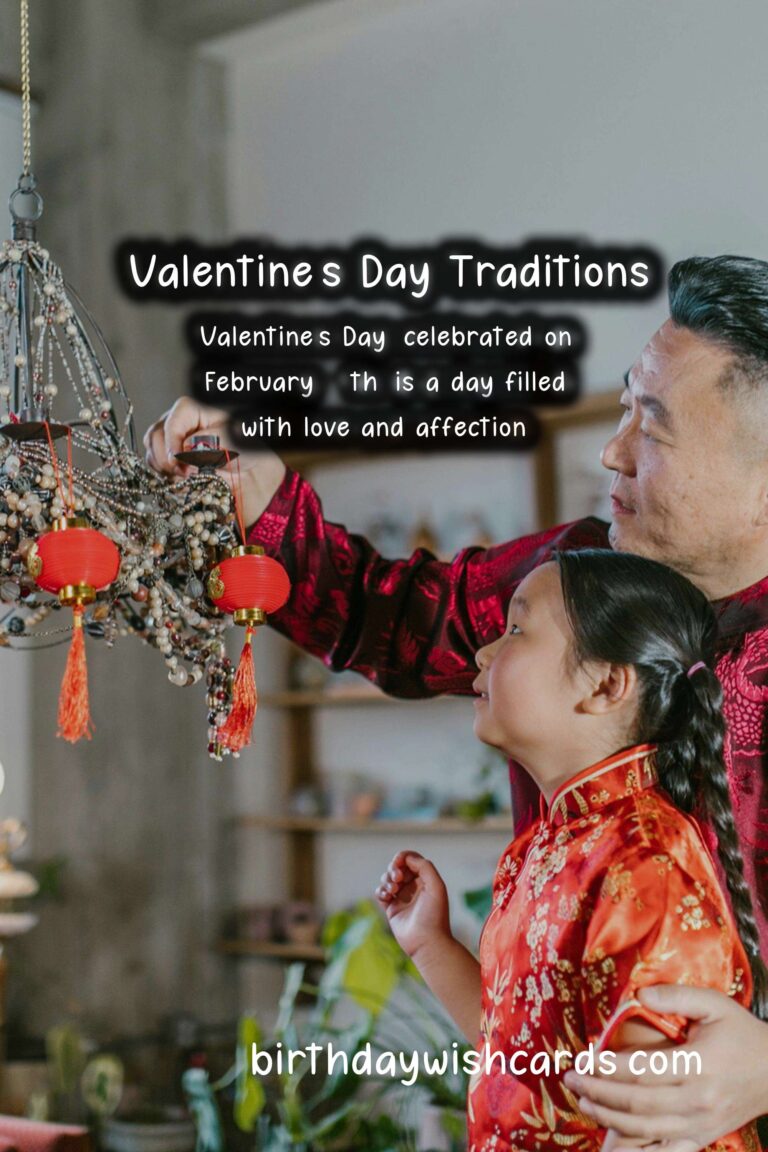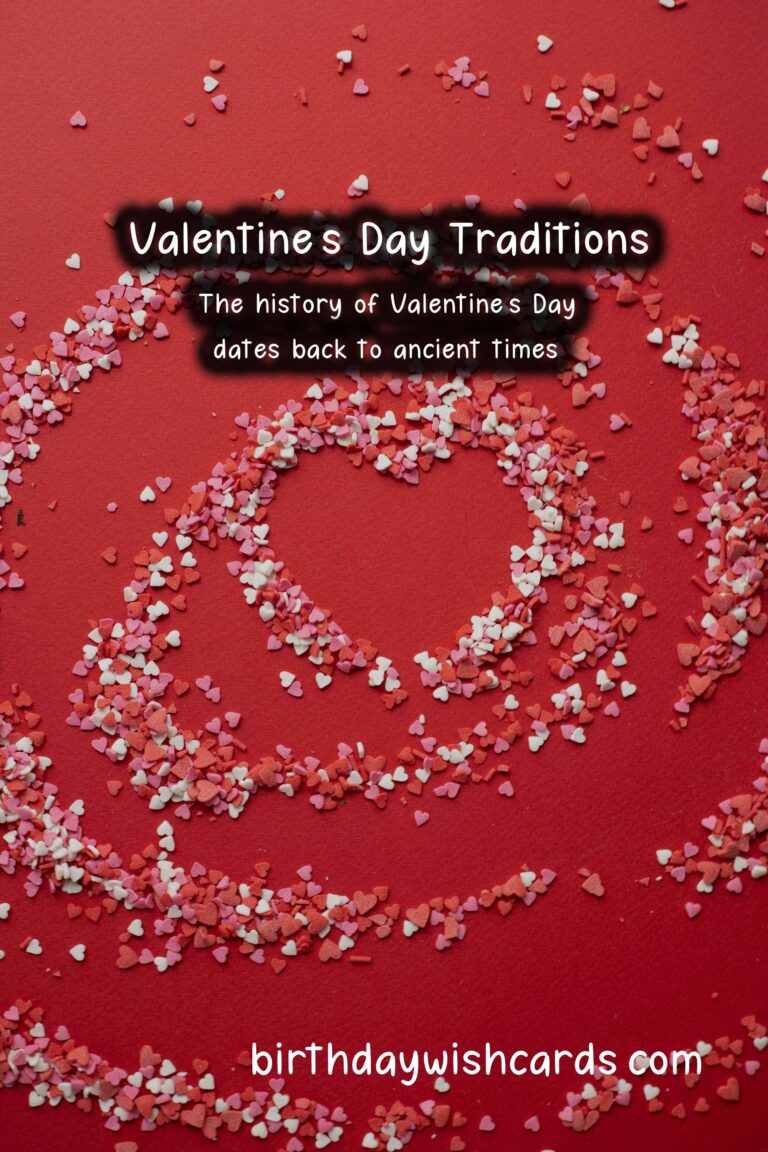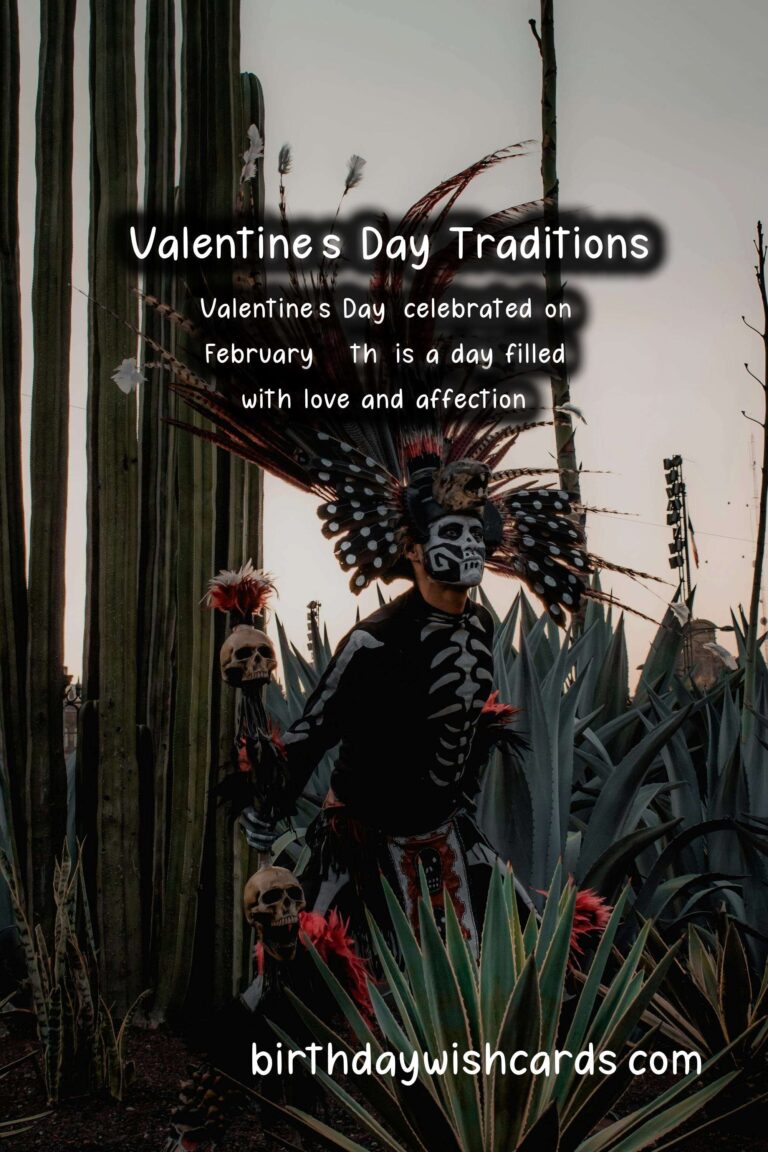
Valentine’s Day, celebrated on February 14th, is a day filled with love and affection. It is a time when people express their feelings towards one another, particularly romantic partners. But why is this day so special? Let’s dive into some of the traditions and customs that make Valentine’s Day a beloved occasion.
The Origins of Valentine’s Day
The history of Valentine’s Day dates back to ancient times. One of the earliest celebrations of love happened in ancient Rome during the festival of Lupercalia. This pagan festival, held in the middle of February, celebrated fertility and the coming of spring. It involved various rituals, including the pairing of men and women through a lottery system, akin to modern-day matchmaking.
The name of the holiday derives from St. Valentine, a 3rd-century Roman priest who was martyred. According to legend, he defied the emperor’s orders by secretly marrying couples to spare the husbands from war. Today, St. Valentine represents love and sacrifice, embodying the essence of the day.
Modern Traditions
Valentine’s Day has evolved greatly over the years. Today, it is characterized by various traditions around the world that hold unique significance. These include:
1. Exchanging Love Letters
One of the most romantic traditions associated with Valentine’s Day is the exchange of love letters. People pour their hearts out on paper, expressing their deepest emotions and affection to their significant other. This cherished practice adds a personal touch to the celebration.
2. Sending Valentine’s Cards
The custom of sending Valentine’s cards began in the 1700s. Today, millions of cards are exchanged worldwide, ranging from humorous to romantic. Many people enjoy customizing their cards to reflect their relationships, often adding personal messages and drawings.
3. Gifts and Flowers
Gifting is a huge part of Valentine’s Day. Flowers, especially roses, are especially popular, symbolizing love. Chocolates, jewelry, and stuffed animals are also commonly given as tokens of affection. The act of giving a gift shows thoughtfulness and care towards a partner.
4. Romantic Dinners
Many couples celebrate Valentine’s Day by dining out at restaurants or cooking a special meal at home. Candlelit dinners create a romantic atmosphere that enhances the intimacy shared between partners. Reservations at fine dining establishments are usually made well in advance due to high demand.
5. Love Songs and Poetry
Music often plays a vital role in celebrating love. Many people listen to or dedicate love songs to their partners on Valentine’s Day. Additionally, poetry recitals have grown in popularity, with couples sharing verses that resonate with their relationship.
Valentine’s Day Around the World
While Valentine’s Day is widely celebrated in the Western world, numerous cultures have unique customs and traditions.
1. Japan
In Japan, Valentine’s Day has a different flavor. Women typically give chocolates to men, while a month later, on White Day (March 14th), the men return the favor with gifts, often more expensive than what was received.
2. South Korea
In South Korea, there are multiple love-related holidays throughout the year. Couples celebrate on February 14th, but if they’re single, they may mourn their status on Black Day in April by eating black noodles.
3. Finland and Estonia
In Finland and Estonia, Valentine’s Day is called ‘Friend’s Day’ and focuses more on platonic relationships rather than romantic ones. It’s a day dedicated to appreciating friends and family as well.
The Significance of Valentine’s Day
Valentine’s Day holds significance beyond just being a commercial holiday. It serves as a reminder to cherish our loved ones and express gratitude for their presence in our lives. It encourages people to step back from their daily routines and acknowledge the importance of relationships.
For some, it may even be a time to reconnect with friends and family, fostering a sense of community and belonging. The harmony and joy brought about by this celebration are felt universally, irrespective of geographical boundaries.
Commercialization of Valentine’s Day
Over the years, Valentine’s Day has faced criticism for its commercialization. Many argue that the emphasis on gifts and spending money detracts from the true meanings of love and affection. However, it’s essential to balance this aspect by centering celebrations around genuine feelings rather than materialistic expectations.
Conclusion
Valentine’s Day is much more than a day filled with hearts and chocolates; it’s a celebration of love in all its forms. It brings people closer together and fosters a spirit of togetherness. Whether you celebrate with grand gestures or simple acts of kindness, the essence of Valentine’s Day is all about love—an emotion that holds immense power and significance across cultures.
So this February 14th, take a moment to express your love, not only to your partner but to everyone who holds a special place in your heart!
Valentine’s Day, celebrated on February 14th, is a day filled with love and affection. The history of Valentine’s Day dates back to ancient times. 
